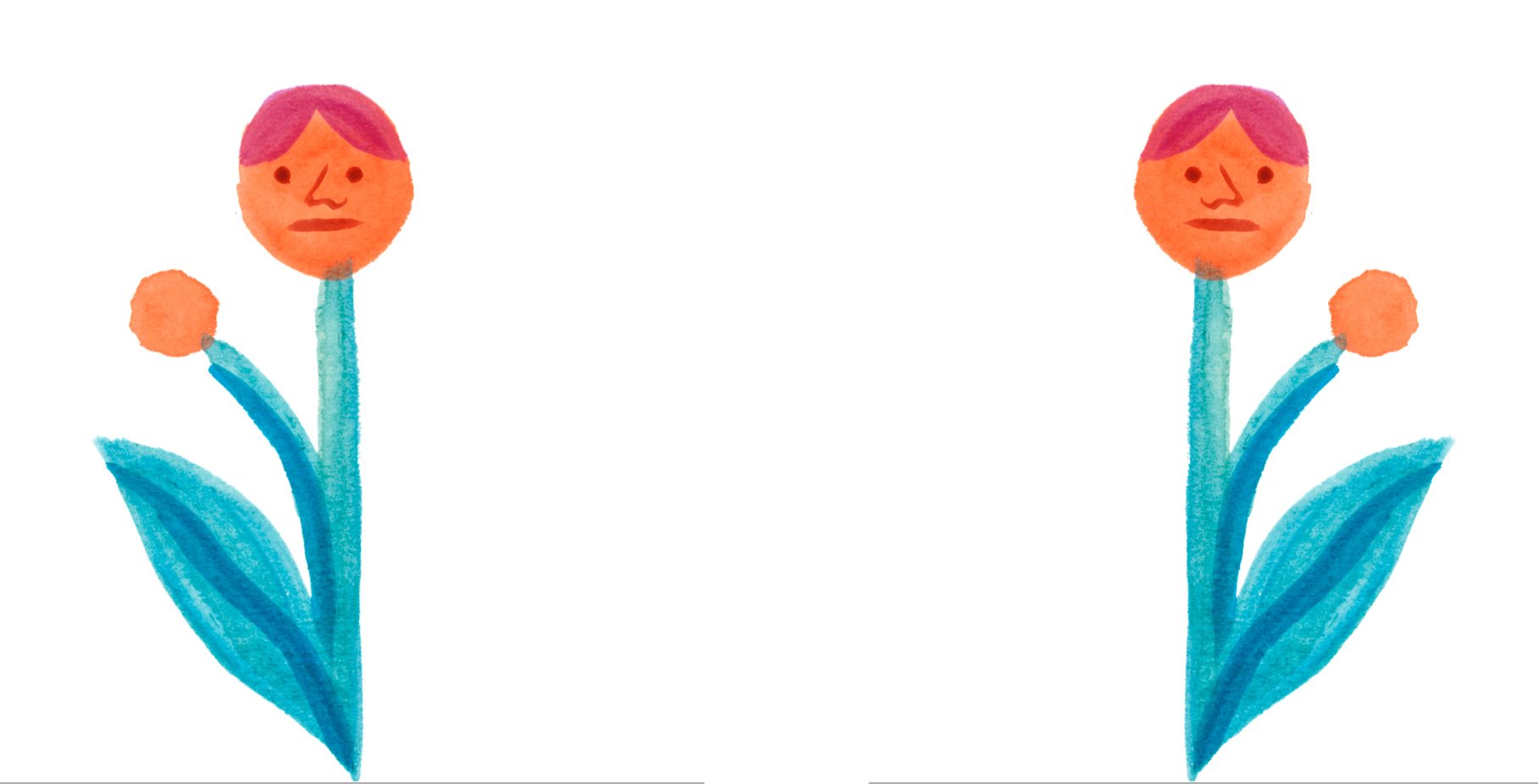Meatless Days by Sara Suleri Goodyear was first published in 1989, when I was sixteen years old, and in all the years since I’ve struggled to find ways to adequately explain its singular brilliance to others. What’s it about? Friends say when I press them to read it. Well, that’s hard to say exactly. Ok, what kind of book? Fiction or non-fiction? Non-fiction. Is it a memoir? Yes but no but yes. If a memoir, it’s the most self-effacing kind, divided into chapters that are all ultimately about people Sara Suleri has loved. Siblings and parents and friends and lovers – she turns her attention to each one in turn, her observations humorous, affectionate, razor-sharp, often exasperated, sometimes heartbroken. She is a writer who knows that you can’t separate a life from its contexts; as she’s telling us the story of her Welsh mother teaching Jane Austen in Pakistan, or her grandmother whose most intimate relationships are with God and the Devil, she is also writing about womanhood and nation and history. So a father who unexpectedly takes to prayer can be understood as a man trying to resist the turning tide in Pakistan that pulls religion out of people’s homes and makes it a political force on the streets, and a sister whose life ends tragically early illustrates ‘the price a mind must pay when it lives in a beautiful body’.
 The sentences in Meatless Days are always intelligent, always elegant, sometimes baffling. ‘My audience is lost, and angry to be lost,’ Suleri acknowledges – or teases – as early as the second paragraph of the book. The high wire act of her metaphorical language, the discarding of linearity, does sometimes force you to strain to extract meaning, but far more often she brings together the literal and the metaphorical to create sentences of precision and wit, such as this one, about bilingualism: ‘Speaking two languages may seem a relative affluence, but more often it entails the problems of maintaining a second establishment even though your body can only be in one place at a time.’
The sentences in Meatless Days are always intelligent, always elegant, sometimes baffling. ‘My audience is lost, and angry to be lost,’ Suleri acknowledges – or teases – as early as the second paragraph of the book. The high wire act of her metaphorical language, the discarding of linearity, does sometimes force you to strain to extract meaning, but far more often she brings together the literal and the metaphorical to create sentences of precision and wit, such as this one, about bilingualism: ‘Speaking two languages may seem a relative affluence, but more often it entails the problems of maintaining a second establishment even though your body can only be in one place at a time.’
But for all the acuity of her observations about the world and the life of the mind, it’s when she turns her attention to her own family that she is at her most profound and moving. In a broad sense, you could say Meatless Days is a book about what people do to our lives by being in them. But if you dig deep down, it’s a book about what people do to our lives by ceasing to be in them. The deaths of Suleri’s mother and sister – both killed in distressingly similar ways, two years apart – form the heart of the book. Her sister’s death in particular gives rise to some of the more heart-shaking writing about love and grief I’ve ever read. ‘We have managed to live with ourselves, it seems, making a habit of loss,’ she writes near the end of the book, thinking of the many years that have passed without her sister. Such a quiet line, but how sorrowfully it echoes long after you’ve finished reading the book.
Meatless Days is published as part of the Penguin Women Writers series: four forgotten classics selected and introduced by Kamila Shamsie and Penelope Lively to commemorate the centenary of women getting the vote in Britain.

